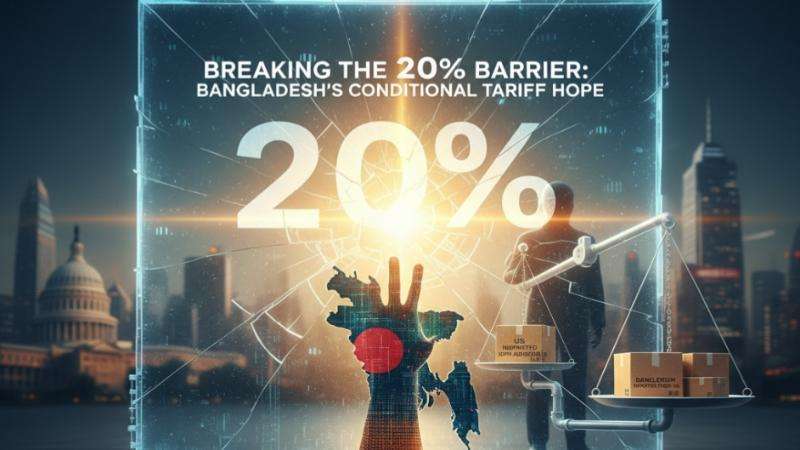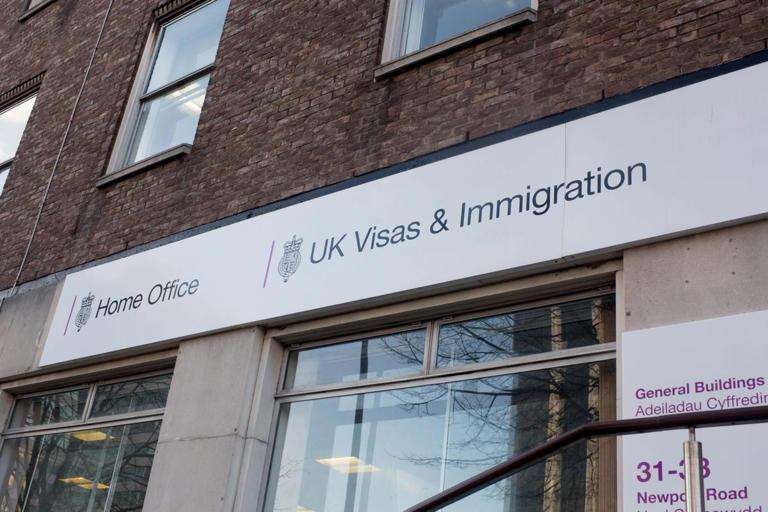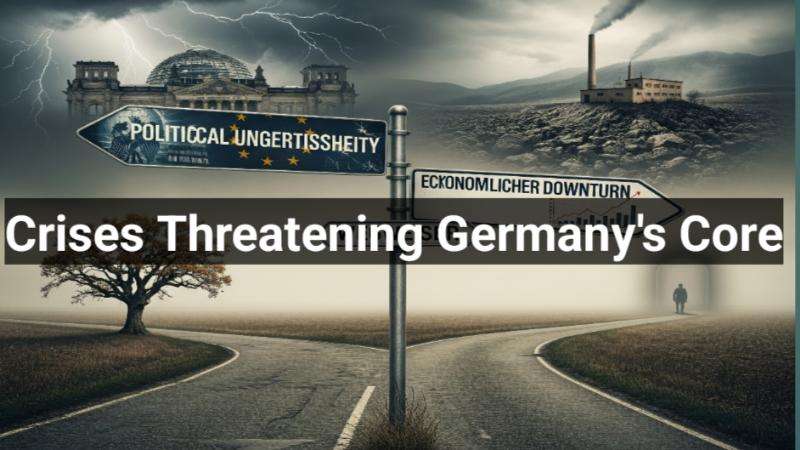A major overhaul of the United Kingdom's immigration system is facing significant public and political opposition, with Members of Parliament (MPs) set to debate controversial new rules affecting skilled workers and their path to settled status. The government's proposal to increase the residency requirement for indefinite leave to remain (ILR) from five to ten years has sparked a widespread backlash, culminating in two official petitions that have collectively gathered over 250,000 signatures.
The Immigration White Paper, published in May, outlines sweeping reforms aimed at curbing record-high net migration. Under the new proposals, skilled workers, who are often crucial to key sectors of the UK economy, would have to live in the country for a decade before they could apply for ILR. This status grants migrants similar rights to British citizens, including unrestricted work and access to public services. The government argues that this change is necessary to ensure migrants contribute more to the economy and society before gaining permanent residency. However, critics argue the move is a deterrent for global talent and an unjust betrayal of those who have already made the UK their home.
The debate, scheduled for September 8 in Westminster, was triggered after two separate petitions surpassed the 100,000-signature threshold required for parliamentary consideration. One petition, with nearly 157,000 signatures, calls for the existing five-year ILR pathway to be preserved for current skilled worker visa holders. A second petition, signed by over 107,000 people, specifically urges the Home Office to protect visa holders from Hong Kong from the reforms, highlighting the unique circumstances of those who have fled political turmoil.
Benedict Rogers, co-founder of Hong Kong Watch, has voiced serious concerns that extending the waiting time would "pull the rug out" from under those who have sacrificed immensely to build a new life in the UK. He warns that the change would leave them without consular protection, block access to their retirement savings in Hong Kong, and make them ineligible for home fee status at UK universities, potentially pricing many out of higher education.
The proposed changes come as the government grapples with unprecedented net migration figures. The net migration figure, which represents the difference between those entering and leaving the UK, surged from around 224,000 in mid-2019 to a record 906,000 in June 2023. While it has since eased to 728,000 in 2024 following previous visa rule changes, the current government, led by Prime Minister Sir Keir Starmer, has signaled its intent for further reductions. Starmer has previously stated that Britain risks "becoming an island of strangers," an expression that drew controversy.
The new rules are not limited to skilled workers. The government also plans to:
- Cut the post-study graduate visa from two years to 18 months, limiting the time international students have to find a sponsored job.
- End direct recruitment of care workers from abroad, with a transition period allowing existing visa holders to remain until 2028.
- Increase salary thresholds for skilled worker visas and reduce the list of eligible occupations.
- Increase enforcement and deportations for individuals who overstay their visas or violate the law.
In a recent statement, a government spokesperson reaffirmed the position that settlement is a "privilege, not a right." The spokesperson stated that the reforms are necessary to ensure migrants "contribute to the economy and society" and that the current system "fail[s] to promote integration."
Supporting Skilled Workers: A Vital Asset to the UK
The United Kingdom's recent proposal to double the residency requirement for skilled workers to achieve settled status is a move that risks undermining the very foundations of the nation's economic and cultural prosperity. Skilled workers are not simply temporary additions to the labor market; they are the engine of innovation, growth, and societal enrichment.
This policy change, if implemented, sends a chilling message to global talent: that their dedication and contributions are valued only on a short-term basis.
Skilled workers are the lifeblood of critical sectors, from healthcare and technology to engineering and scientific research. They fill crucial gaps in the workforce, bringing with them specialized knowledge, diverse perspectives, and entrepreneurial spirit. Many arrive with a genuine desire to build a life in the UK, contributing to local communities, paying taxes, and integrating into British society. Doubling their path to permanent residency to a decade is not just a bureaucratic hurdle; it is a profound declaration that their future here is uncertain and conditional.
Consider the dedicated NHS doctors and nurses who have worked tirelessly, especially during global health crises. Or the engineers who are designing the next generation of sustainable energy solutions. These individuals and their families have built homes, enrolled their children in schools, and invested their lives in the UK. For many, the promise of a clear path to settled status after five years was a fundamental part of their decision to move here. To change these rules mid-journey is a betrayal of trust that could damage the UK's reputation on the world stage.
Furthermore, this policy disproportionately affects individuals from specific backgrounds, such as those from Hong Kong who have sought refuge in the UK. Many have sacrificed everything to come here, and extending their period of uncertainty would create significant hardship, affecting their financial security and access to education.
Rather than erecting more barriers, the UK should be embracing and celebrating the immense value that skilled workers bring. Their contributions are essential to maintaining the UK's global competitiveness and fostering a vibrant, dynamic society. Policies should be crafted to support, not hinder, their successful integration, recognizing that their long-term commitment is a net positive for the entire country. A stable, predictable immigration system that honors its commitments is crucial for attracting and retaining the best talent from around the world. The current proposals threaten to undo years of progress and could ultimately harm the UK's long-term interests.



_3.jpg)
_4.jpg)



.svg)



